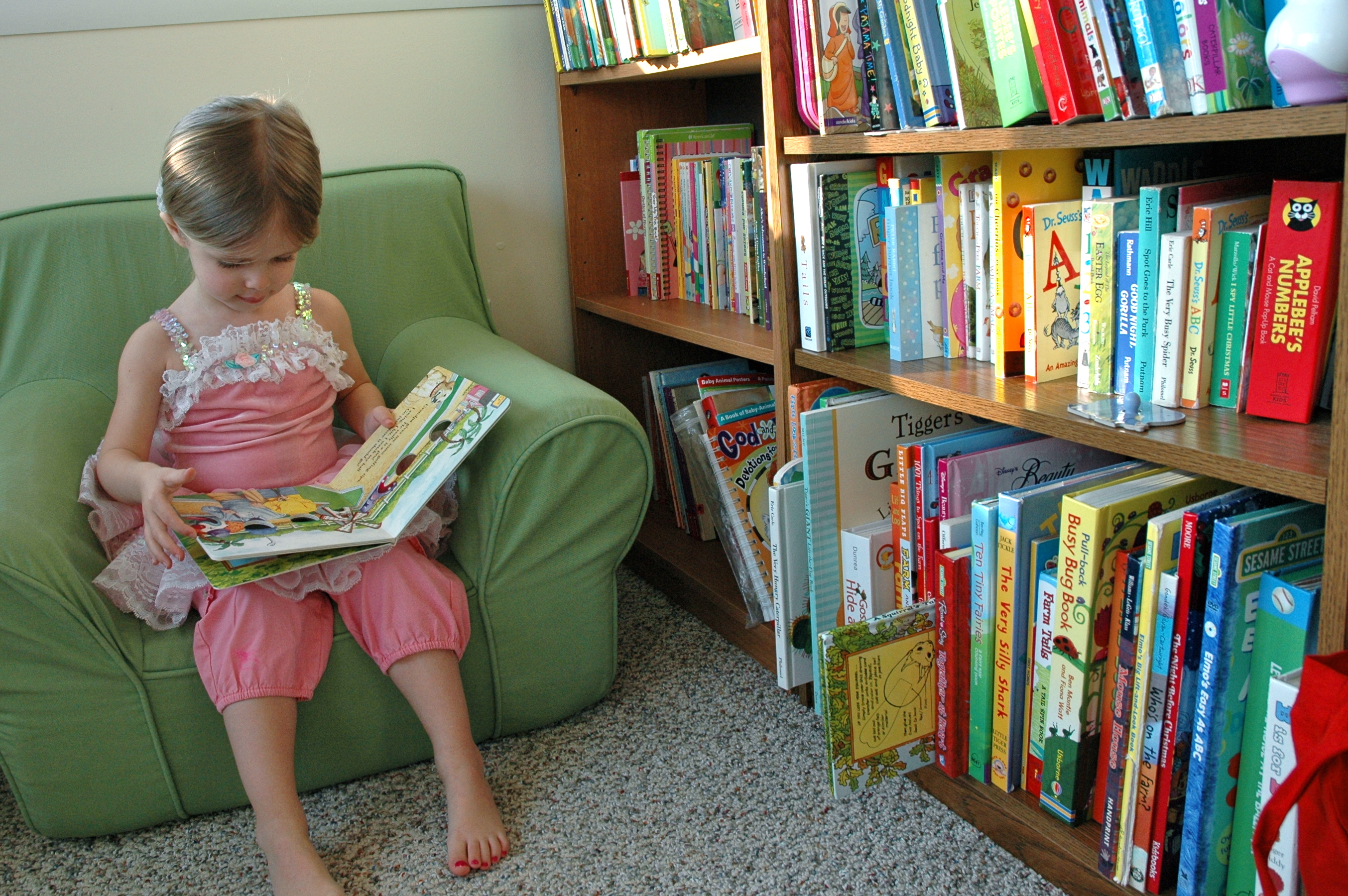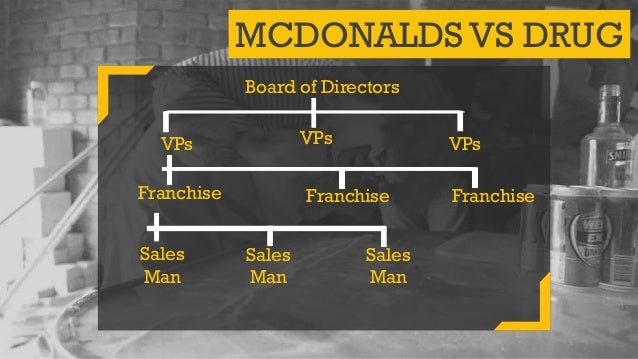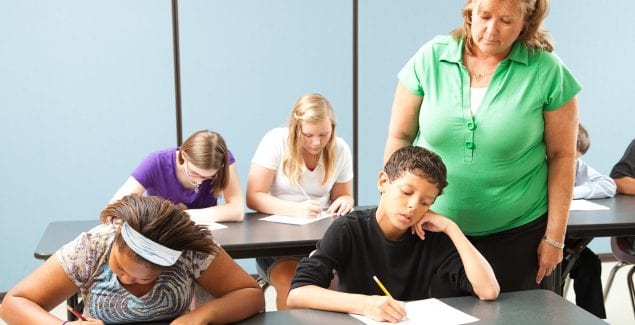I've been in this name game . . . twice. Both times my wife Conni and I had to come to some compromise when it came to naming our children. Especially for our first. Not sure of whether we would have a boy or a girl, we settled on Madeline Grace or Kyle Robert. Grace was my grandmother's name and the first street we lived on when we were married. Robert was decidedly NOT going to be a first name (I am Robert Daniel #3), but we were going to keep it in there somewhere. Looking back, both Kyle and Madeline sounded kind of 1990s trendy - I had a lot of Kyles in my classes back then. Turned out our first was a boy so K-Bob stuck.
Our second was easier - I had thrown out some literary names like Zelda and Herman, but we settled on either Audrey Grace or Edward Craig for child number #2. Audrey Hepburn - we both loved the actress who was the very definition of grace and class (so Grace goes perfectly!). Edward was a family name on both sides and just the right level of less trendy and more classic. Craig is Conni's maiden name, so there's a nod to the in-laws. Son number two got the name we agreed on.
So, what might that mean about us as parents? Well, we didn't go for anything super original or that would get undue attention (the names Cleveland or Hash never came up). We wanted some family connection to continue. And we went with very gender-specific, neutral, white-bread names.
Freakonomics addesses how names given to children might reflect cultural beliefs, economic status, and education levels of the parents. Taking California birth names from 1961 on, researchers were able to find some interesting data about the relative popularity of names according to race, income, and education level. For example, the "whitest" girl and boy names (by relative percentage) were Molly and Jake. The "blackest" girl and boy names were Imani and DeShawn. Names that my indicate a low-end income white household (also by relative percentage) were Amber and Cody, while the most common high-end income baby names were Alexandra and Benjamin. Low education signifiers among white parents were the names Angel and Ricky. High education signifiers were Lucienne and Dov. The researchers noted that names tend to trend down over time, so a name like Heather starts out as a high-end name, picks up popularity among lower income parents, while losing popularity with the high-end group it started out strong with, being cited as too trendy.
Anyway, having taught in District 207 for so many years, I have had the pleasure of learning SO many diverse and uniquely beautiful names from so many different cultures and backgrounds, so this chapter really fell flat with me. What's in a name? Everything and nothing. A name can be a reflection of parents' hopes for their child, a remembrance of ancestors or places, a tribute, a cultural connector. Then again, a name is a label for person "A" that differentiates them from person "B" - shouldn't the person matters more than the name. Unfortunately, the bias of some racist employers may favor one name over another, without any consideration of the person they are dismissing.
------------------------------------------------------
Interestingly enough, I was having difficulty coming up with a larger overview or "big picture" idea to come through after finishing Freakonomics. I was relieved to read in the book's epilogue, "this book indeed has no 'unifying theme'" (189). It does have this: "...the everyday application of Freakonomics...has to do with thinking sensibly about how people behave in the real world" (189). Sounds like something to really strive for. What does that mean for me? I may look deeper into the real reasons behind trends or behaviors. I may try to see a larger cause-effect diagram that may consider multiple variables instead of landing on any specific or obvious conclusion. I may "become more skeptical of the conventional wisdom" (189) that lies at the foundation of paradigm and tradition. Hopefully I can do better to reserve judgement in favor of seeking understanding. A takeaway quote I'd like to share to discern the difference is this: "If morality represents an ideal world, then economics represents the actual world" (190). Keep striving for one world while understanding the other.





